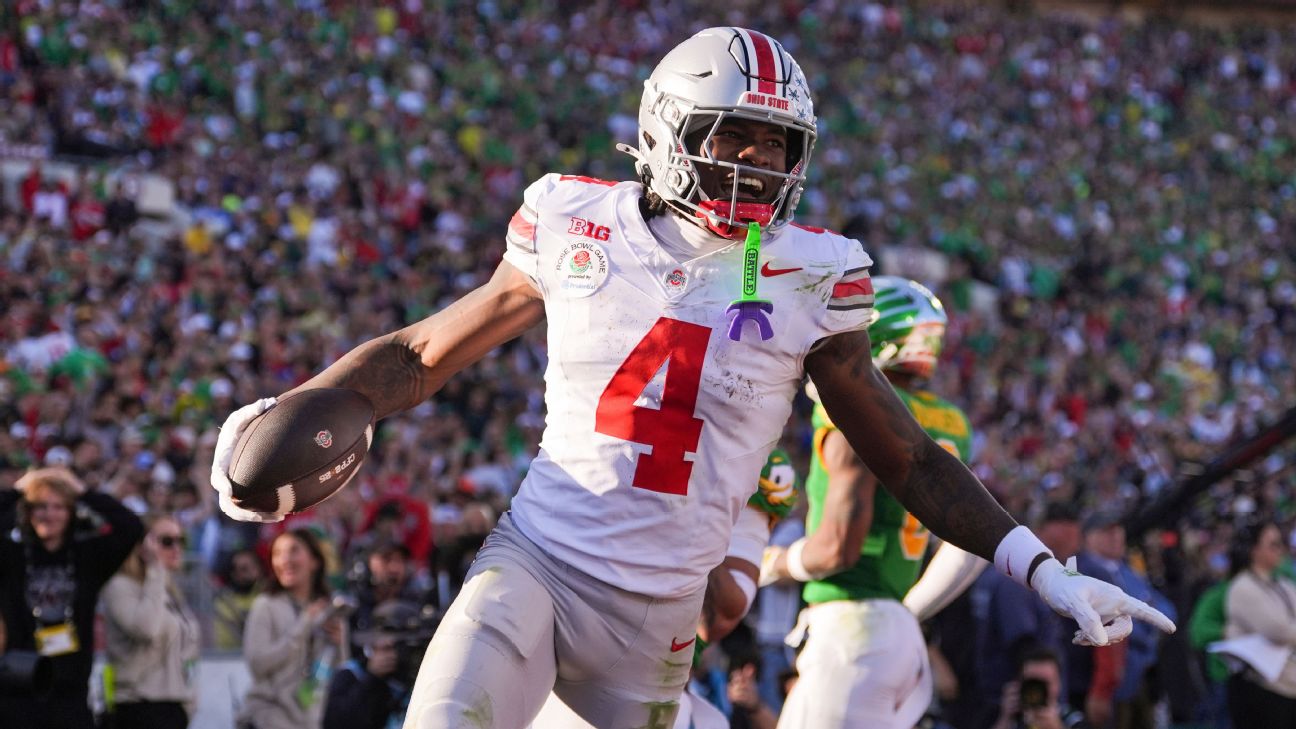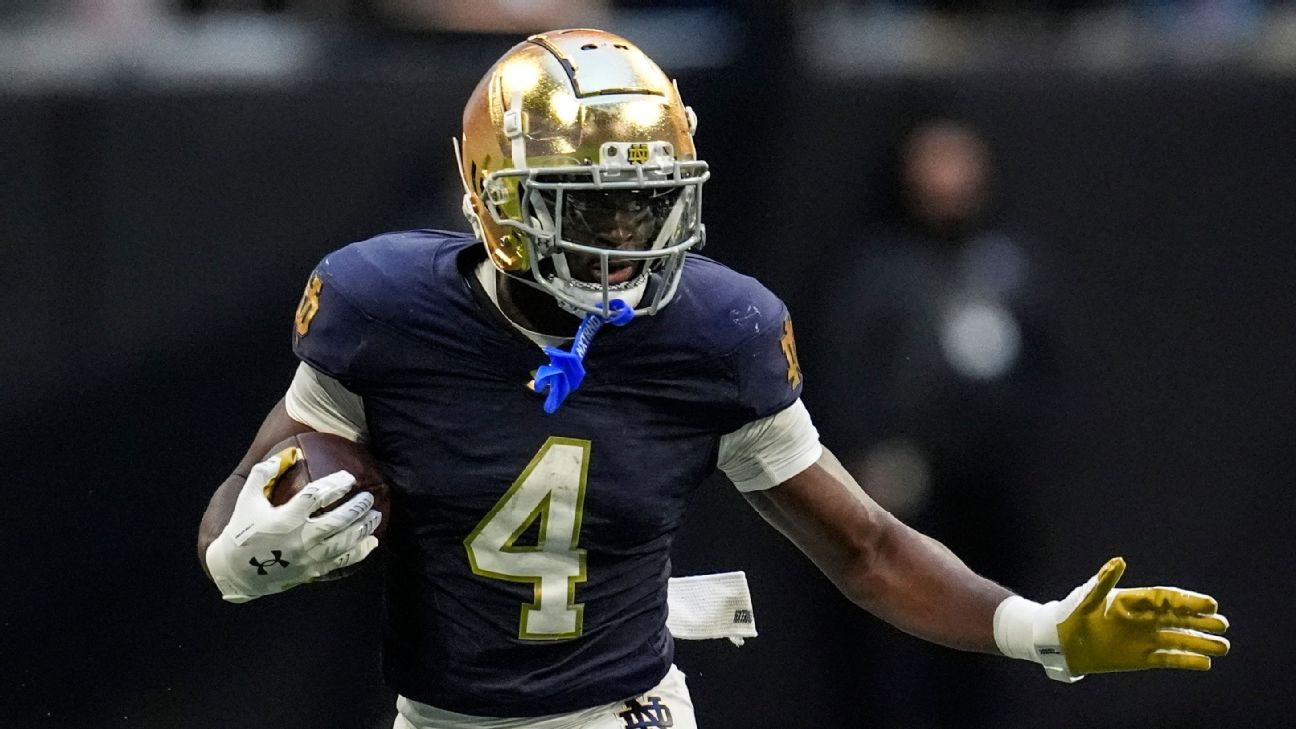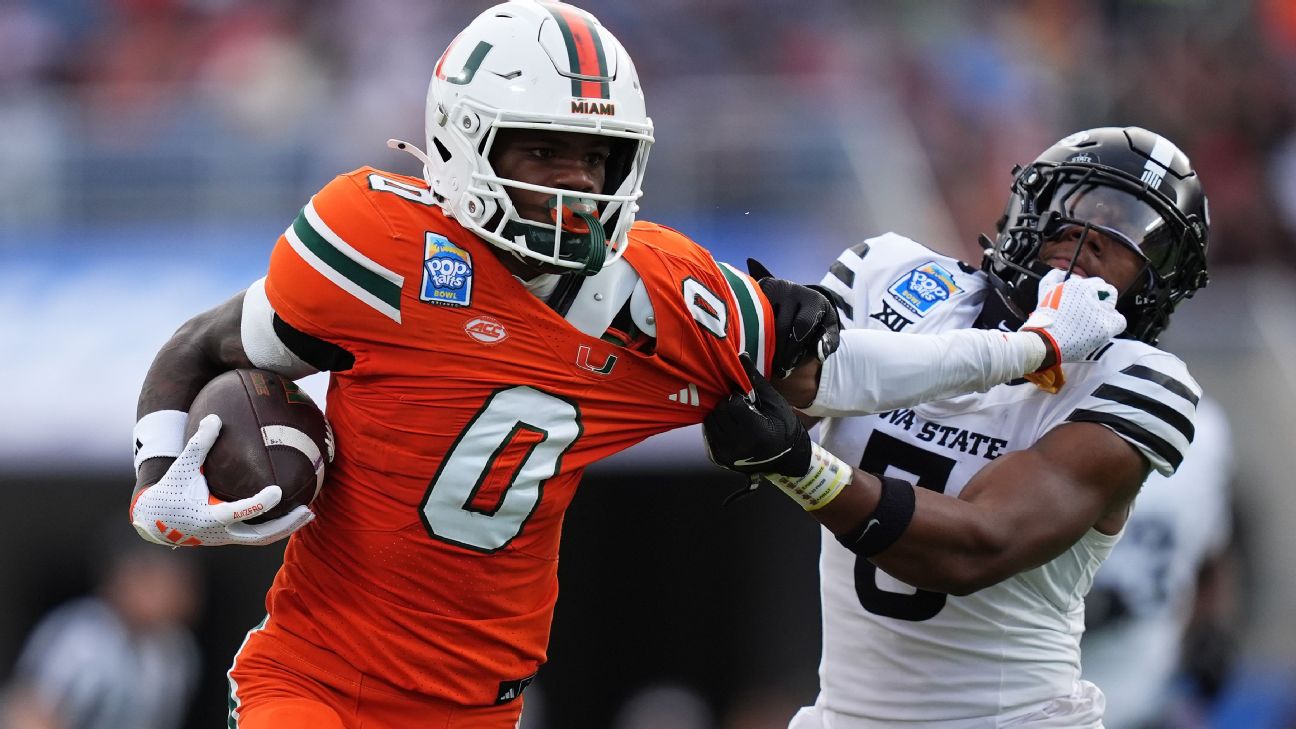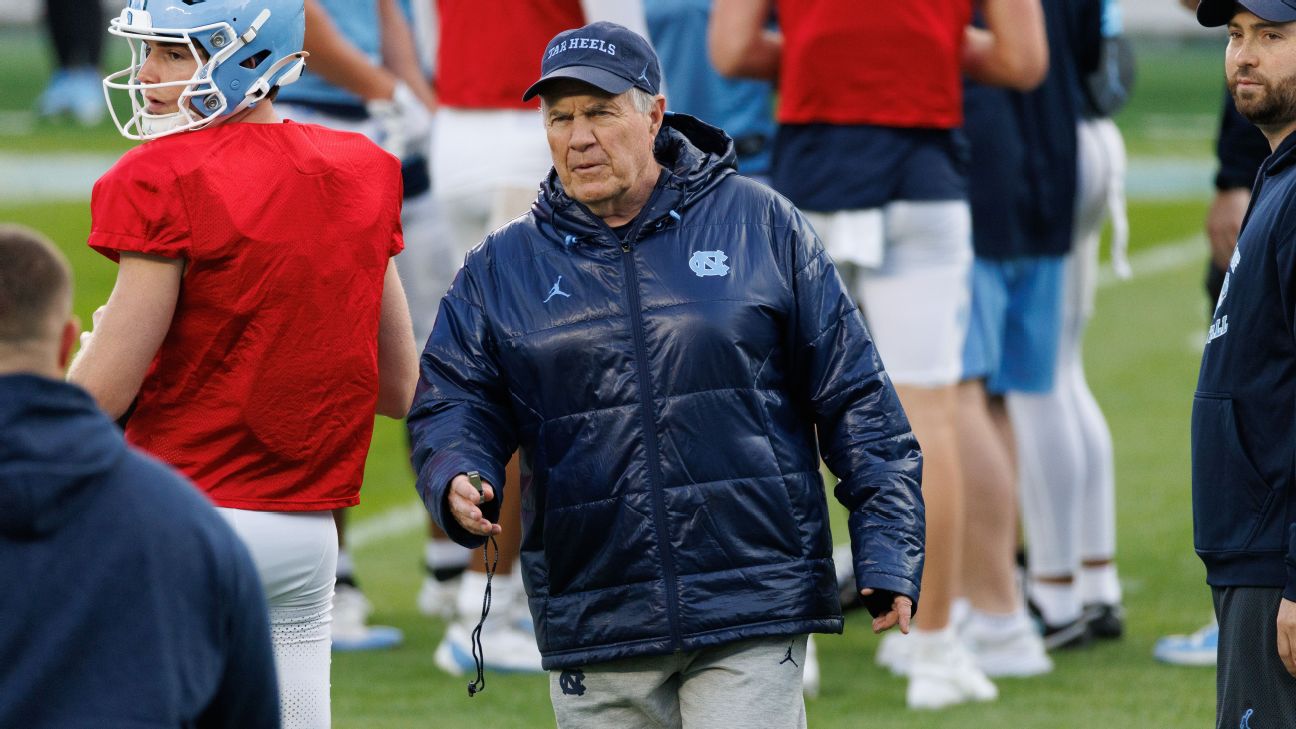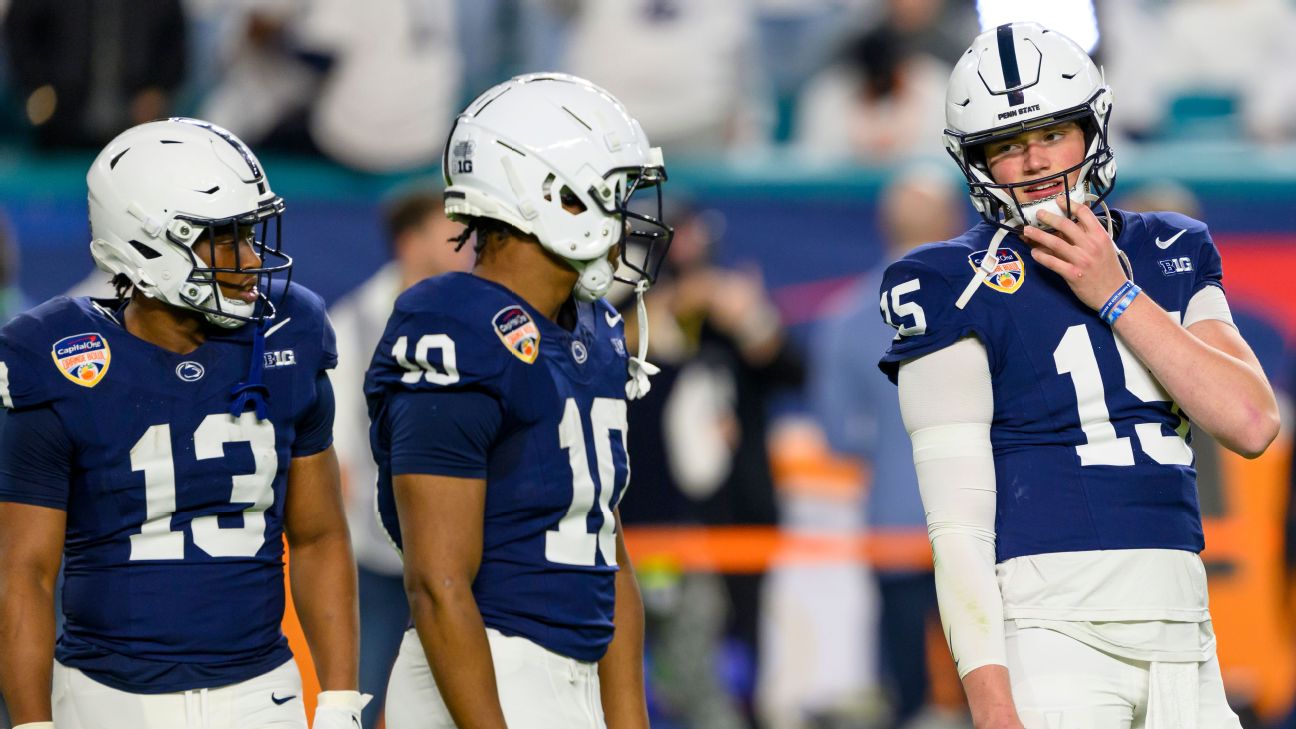The Evolution of NCAAF Spring Games: Are They Still Worth It?
Explore the changing landscape of NCAAF spring games, the impact of the transfer portal, and why some programs are opting out.
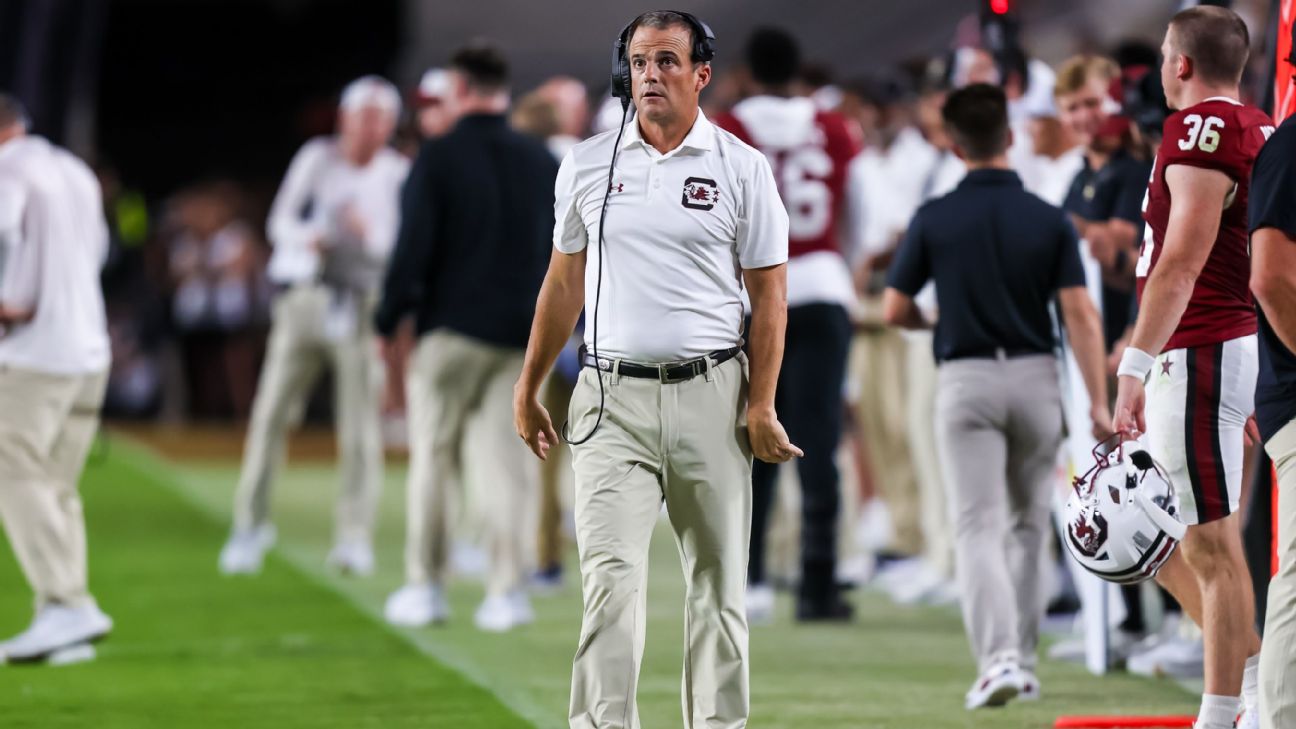
The Changing Landscape of NCAAF Spring Games
As spring football gains momentum in March, a growing number of NCAAF programs are choosing to forgo traditional spring games. This year, 19 Power 4 programs have canceled their spring games, opting instead for spring showcases or alumni games. But what’s driving this trend? Is it the transfer portal, the extended College Football Playoff format, or simply a shift in coaching philosophy?
A Brief History of Spring Games
Spring football games have been a staple of college football since the late 1800s. Nebraska played one of the earliest recorded spring games in 1906, testing new rules against Doane University. By the 1920s, these games were widespread, serving as a culmination of spring practice and a way to engage fans. Over time, they evolved from serious competitions to glorified practices, especially after they began to be televised.
Why Are Spring Games Being Canceled?
Coaches are increasingly questioning the value of spring games. The primary concern is the lack of competitive advantage. Televised games provide opposing teams with an easy scouting opportunity, and strong performances by players can attract attention from other programs via the transfer portal. Additionally, the risk of injury and the need for offseason rest are significant factors.
Coaches’ Perspectives
Coaches have mixed opinions on spring games. Nebraska’s Matt Rhule has been vocal about the risks of showcasing players to the “outside world,” while Clemson’s Dabo Swinney believes canceling spring games won’t stop tampering. Some programs, like Utah, use spring games for charitable purposes, while others, like Missouri, have canceled due to stadium construction.
The Impact of the Transfer Portal
The transfer portal has fundamentally changed the dynamics of spring games. With nearly 900 scholarship players transferring during the spring window in 2024, coaches are wary of exposing their rosters to potential poaching. Nebraska’s Rhule, for instance, had to fight to retain starters after their spring game was broadcast.
Alternatives to Spring Games
Programs are exploring alternatives to traditional spring games. Nebraska is hosting the “Husker Games,” featuring 7-on-7 competitions and skills challenges, while Oklahoma is organizing a “Crimson Combine.” These events aim to engage fans and maintain the community connection without the risks associated with a full spring game.
The Case for Keeping Spring Games
Despite the challenges, some coaches argue that spring games are invaluable. South Carolina’s Shane Beamer emphasizes the importance of giving freshmen a chance to play in front of large crowds, while Clemson’s Swinney views spring games as essential teaching opportunities. For many programs, spring games remain a key marketing tool and a way to connect with fans.
Conclusion
The future of NCAAF spring games remains uncertain. While some programs are moving away from them due to competitive and logistical concerns, others continue to see value in these events. As the college football landscape evolves, so too will the role of spring games in the sport’s calendar.














